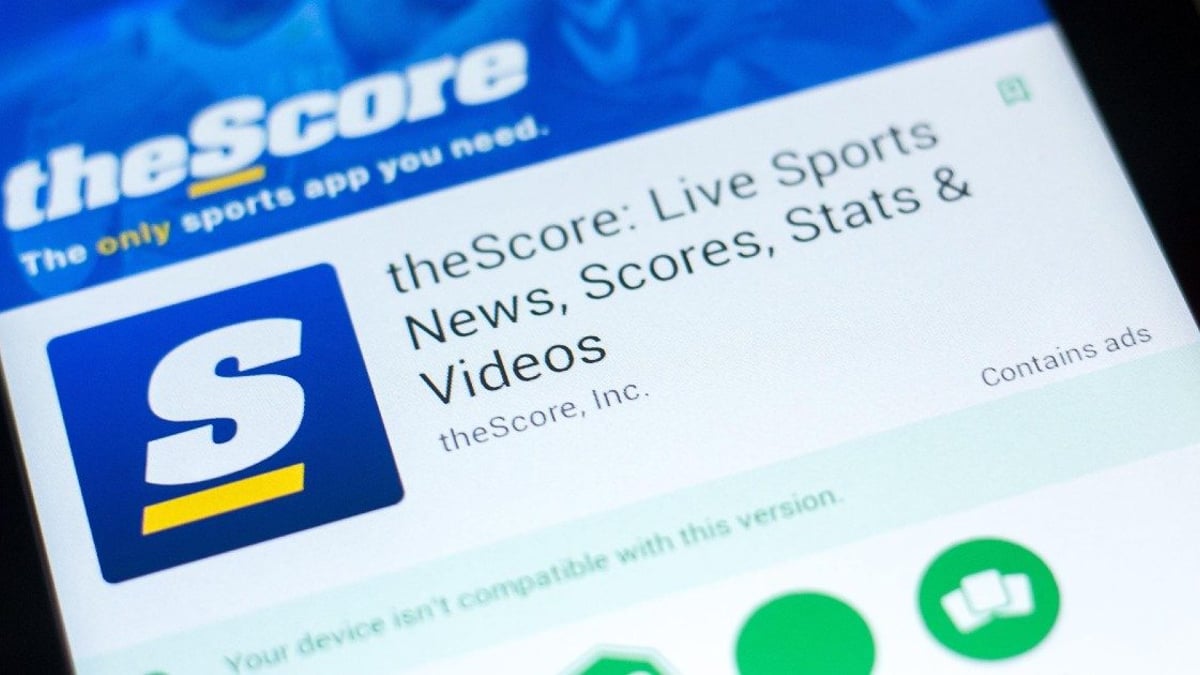Penn Completes Migration Of Barstool Sportsbook And Casino

Barstool Sportsbook and Casino is officially on Penn Entertainment’s proprietary platform following the successful migration from Kambi to the company’s theScore platform.
Penn is calling the change a milestone for its U.S. online gambling offerings.
“Migrating onto our proprietary technology platform and introducing a fully upgraded Barstool Sportsbook is a milestone achievement,” said Penn Entertainment CEO and president Jay Snowden. “Having full control of our product and roadmap will lead to improved operational efficiency and the ability to quickly introduce new features, bespoke promotions and wagering markets.”
“Deploying our technology infrastructure puts our experienced in-house team, who built the platform from the ground up, in full control of the end-to-end customer journey and all product development,” said Benjie Levy, head of Penn Interactive and president and COO of theScore. “With this proven technology powering a significantly enhanced Barstool Sportsbook, we are primed to deliver a world-class online sportsbook and casino experience to customers in the U.S.”
Barstool has Ground to Make Up
Penn-Barstool is one of the more interesting U.S. online gambling operators. Without question, it’s the space’s most polarizing operator. That was a foregone conclusion when Penn entered into an agreement to purchase Barstool Sports in February 2020. To some, it was a risky gamble on a controversial brand. Others saw it as a brilliant move, allowing Penn to acquire a national brand with a strong connection to sports fans.
The result is a company that is a Top 5 sportsbook in most locales it operates. However, the U.S. sports betting market is extremely front-loaded, with the Top 3 (FanDuel, DraftKings, and BetMGM) controlling nearly 90% of the national market.
Per Eilers & Krejcik, Barstool has around a 5.5% market share in active markets and 3% nationally.
That’s a far cry from the world takeover promised by Barstool Founder Dave Portnoy. Still, it’s a lot stronger than many others, despite virtually every other operator outspending Barstool in marketing (more on that can be found below).
Barstool Has A New App, But Is It Better?
To control its destiny, Penn purchased theScore for a whopping $2 billion in 2021.
In June 2022, Penn shuttered theScore app in the few U.S. markets it was live as it prepared to migrate Barstool. The one market that continues to use theScore platform is Ontario. Toronto-based theScore was rolled out in the Ontario online gambling market in April 2022.
The home cooking worked, as Penn has said Ontario is its best-performing North American market for sports betting and online casino. But why Ontario is the best-performing market is an open question. Is it because theScore sports betting is better? Because of theScore’s brand recognition (as a media outlet) in Canada? Or a combination of multiple things?
That leads to the question, how much of a difference will the new app make for Barstool?
Barstool’s Kambi-powered app consistently tested in the Top 10 (most recently sixth) in Eilers & Krejcik’s proprietary app testing. Assuming theScore is better, will a change to fourth make a difference among bettors?
Penn has pledged immediate and noticeable product upgrades post-migration. With everything in-house, Penn will have far more control over the markets it offers, better integration for single-game-parlays and other bet-builder-type products, and online casinos where available.
That could free up Penn to innovate in other areas. And Penn is still holding an ace up its sleeve.
Penn’s Marketing Strategy Is an Outlier
It’s important to note that Penn is on a deserted island regarding marketing. Penn has done little external marketing and has not partnered with third-party affiliates. With its newly released platform, it may reconsider its marketing strategy and relationship with affiliates.
If Penn releases the marketing floodgates, it will put a massive dent in its bottom line (at least in the short term), but it could see its market share climb. If Penn starts spending externally while others are cutting back, it could have a Golden Nugget-type impact.
For those who weren’t around during the launch of online casino games in New Jersey in 2013, Golden Nugget had some technical hiccups that caused it to miss the initial launch. When Golden Nugget did launch, its peers had begun cutting back on marketing, which meant Golden Nugget was the most-seen brand. It also allowed Golden Nugget to avoid the major player verification, geolocation, and payment processing issues that plagued the early days of legal online gambling as operators and customers tried to navigate the new landscape.
Be first to get our exclusive sports offers!
Join today to stay up to date on your states gambling news and offers.








